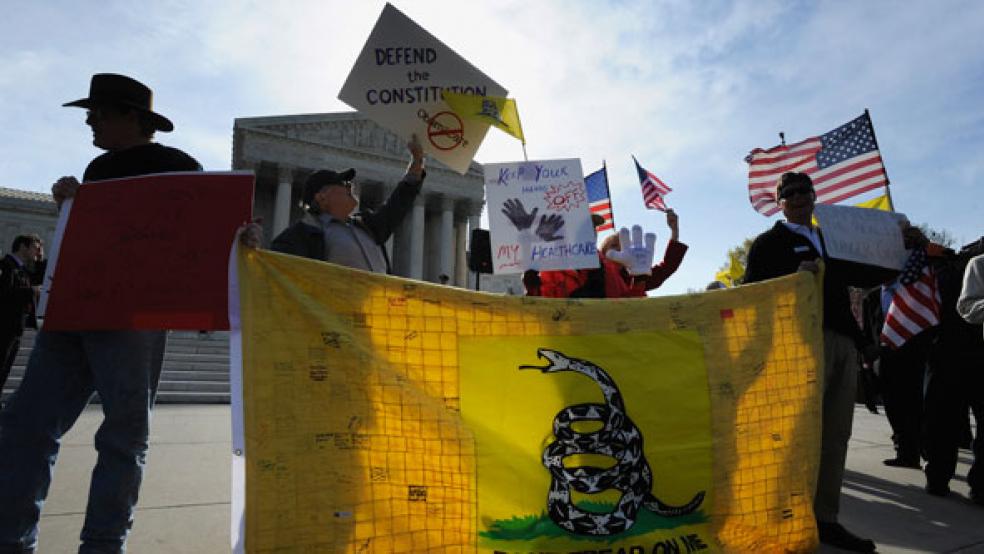Tax auditors inappropriately targeted applications from conservative political groups seeking tax-exempt status, an Internal Revenue Service official acknowledged on Friday.
Lois Lerner, director of the IRS tax-exempt office, said the practice was "was absolutely incorrect and it was inappropriate."
Lerner, speaking at an American Bar Association conference in Washington, said, "We would like to apologize for that."
None of the groups that were given extra scrutiny have been rejected yet for tax-exempt status, she said.
Organizations that used the words "patriots" or "Tea Party" in their filings were flagged by the Internal Revenue Service for further review, something conservatives complained about during the 2012 election campaign.
RELATED: The Real Power Behind the Republican Party
Among those complaining was Senate Republican leader Mitch McConnell. Responding to Lerner's acknowledgement, McConnell called on the White House to "conduct a transparent, government-wide review" to assure that "these thuggish practices" are not being used by any part of the government against Americans regardless of their political views.
The inappropriate screening process was "absolutely not" influenced by anyone in the Obama administration, Lerner said. Tax-exempt applications, ranging from hospitals to labor unions, are reviewed by IRS career civil servants.
Known as 501(c)(4)groups after the section of the tax code that makes them tax-exempt, the groups can collect money from anonymous donors and spend it on advertising. To stay tax-exempt, they cannot endorse a candidate or political party.
The number of such groups requesting 501(c)(4) status has jumped since the Supreme Court's 2010 "Citizens United" decision that eliminated limits on political contributions in federal elections.
Such contributions became controversial during the 2012 election season, as groups favoring both major political parties financed negative ad campaigns to try to influence the race between Obama and Republican challenger Mitt Romney.
This article is by Patrick Temple-West and Susan Heavey of Reuters.





